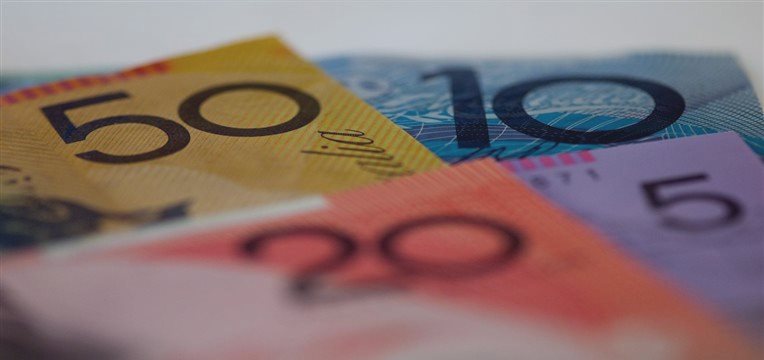On Tuesday, the Australian dollar gained against the US dollar after the minutes of the Nov. 4
board meeting were released suggesting continued concern over the
strength of the currency.
The dollar strengthened overnight against its peers on Japan news, though the US economic indicators were mixed. German Bundesbank predicted slow growth in the next few months for the Europe's largest economy.
AUD/USD traded at 0.8724, up 0.21%, while USD/JPY changed hands at 116.68, up 0.03%.
The Reserve Bank of Australia releases the minutes of Nov. 4 board meeting at 1130 (0030 GMT). The RBA left the cash rate unchanged at the meeting which was followed three days later with the issue of full Statement of Monetary Policy. There is therefore limited interest in the minutes except for comments around the Australian dollar.
Then at 1800
(0700 GMT) RBA Governor Glenn Stevens speaks at CEDA annual dinner in
Melbourne where both the speech and the Q&A session will be closely
watched for comments on the exchange rate.
Japan
Overnight, the dollar strengthened against most of its peers on Monday on news that Japan unexpectedly fell into a recession last quarter, while a mixed bag of U.S. data came in positive enough to convince investors that U.S. recovery remains on track.
Official data released earlier
revealed that Japan’s gross domestic product contracted by an annualized
1.6% in the third quarter following a 7.3% drop in the preceding
quarter, which puts the country in a recession. Economists were forecasting a 2.3% growth rate.
At the same time, Japanese Prime Minister Shinzo Abe was expected to postpone a planned sales tax increase due to come into effect next year after a sales tax hike in April of this year acted as a drag on growth.
The prime minister was also expected to call for snap elections which could take place as soon as next month.
The
yen plunged on the news though it later recovered, as investors ditched
Japanese stocks and later snapped up nicely-priced positions in the
currency.
The yen often rises when Japanese stocks fall.
US indicators
News of Japan's recession offset mixed U.S. economic indicators elsewhere.
The Federal Reserve reported earlier that industrial production contracted by 0.1% in October, disappointing expectations for a gain of 0.3%.
Industrial production for September was revised down to a gain of 0.8% from a previously reported increase of 1.0%.
The report showed that the capacity utilization rate, a measure of how fully firms are using their resources, dipped to 78.9% in October from 79.2% in September, missing expectations for a 79.3% reading.
In a separate report, the Federal Reserve Bank of New York said that its general business conditions index increased to 10.2 this month 6.2 in October. Analysts had expected the index to rise to 11.1 in November, though a reading above 0.0 indicates improving conditions, which gave the dollar support.
The new orders index rose eleven points to 9.1, and the shipments index advanced eleven points to 11.8. The index for number of employees edged down to 8.5 but remained positive, indicating that employment levels grew, which also bolstered the greenback.
Indexes for the six-month outlook were generally higher this month and conveyed a strong degree of optimism about future business conditions. The Empire State index is of interest to traders primarily because it is seen as an early forecast of the Institute for Supply Management's widely-watched factory survey.
Europe
Meanwhile in Europe, Germany’s Bundesbank warned in its monthly report that the outlook for growth in the region’s largest economy was likely to remain weak in the next few months.
“The further deterioration in
economic expectations and the stagnation of new orders point to a rather
sluggish course of economic development in Germany until at least the
end of 2014," the Bundesbank said.
The U.S. is expected to release data on producer price inflation.



